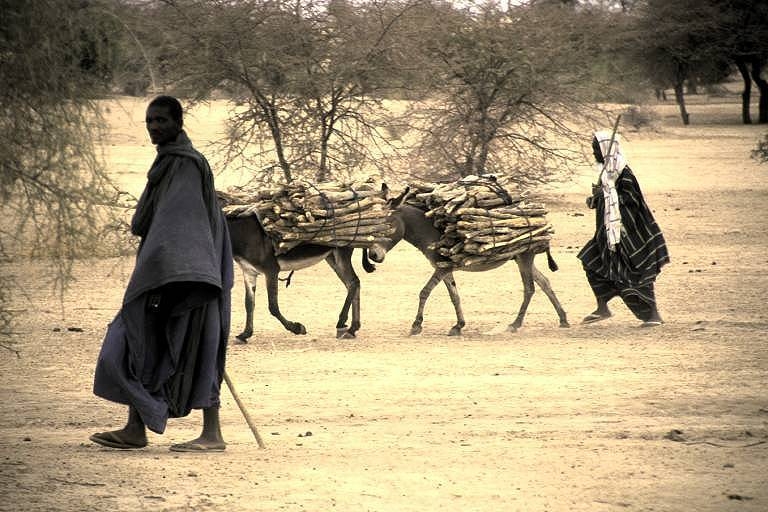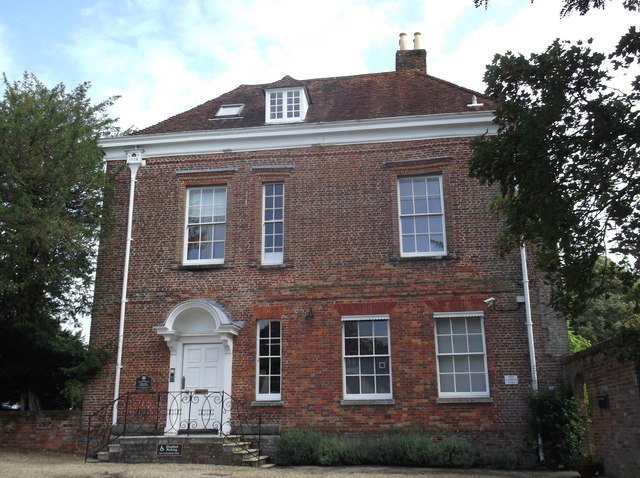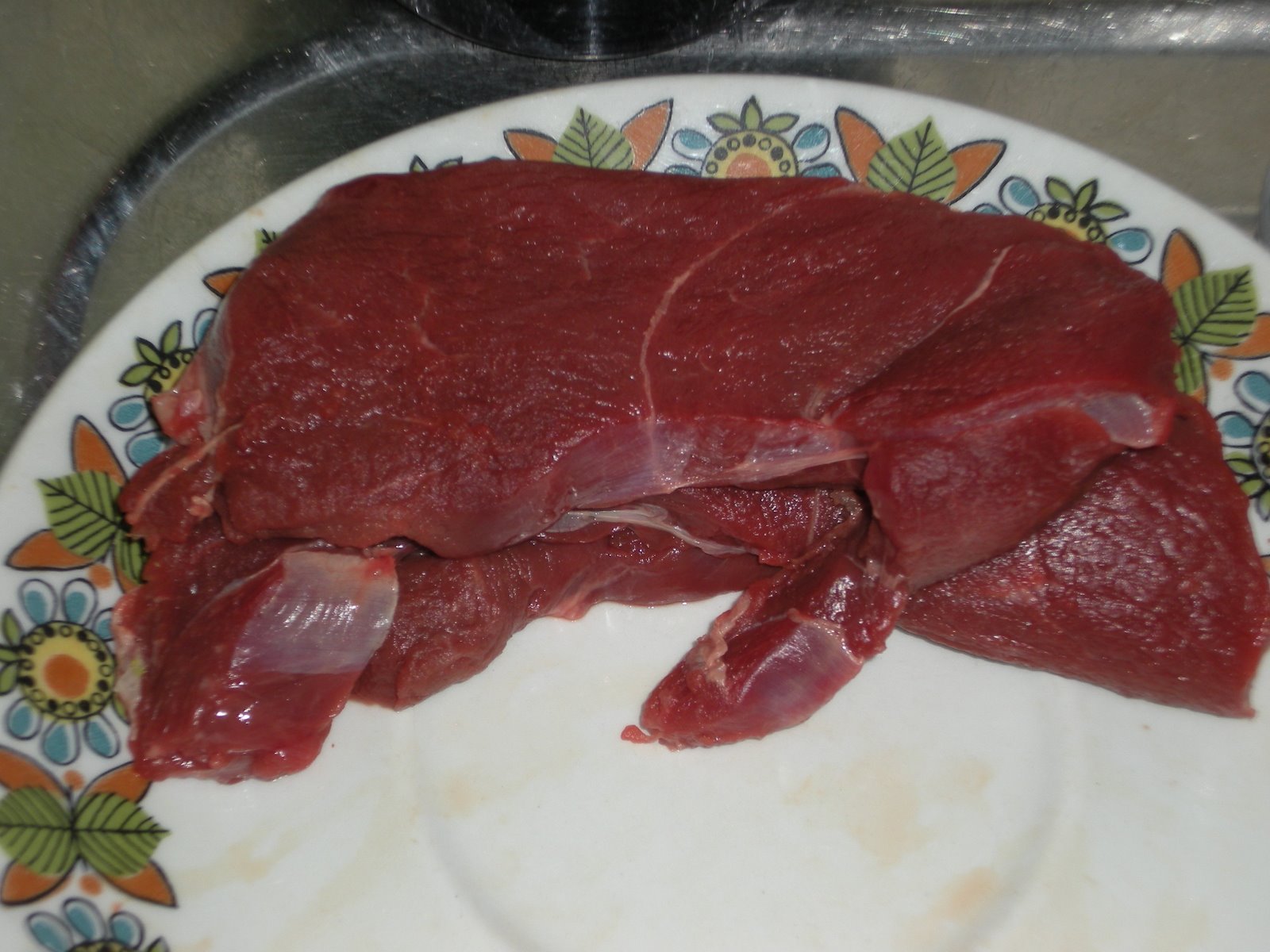|
Charter Of The Forest
The Charter of the Forest of 1217 ( la, Carta Foresta) is a charter that re-established for free men rights of access to the royal forest that had been eroded by King William the Conqueror and his heirs. Many of its provisions were in force for centuries afterwards. It was originally sealed in England by the young King Henry III, acting under the regency of William Marshal, 1st Earl of Pembroke. It was in many ways a companion document to Magna Carta. The Charter redressed some applications of the Anglo-Norman Forest Law that had been extended and abused by King William Rufus. History "Forest" to the Normans meant an enclosed area where the monarch (or sometimes another aristocrat) had exclusive rights to animals of the chase and the greenery ("vert") on which they fed.Geraldine van Buren, "Take Back Control: A new Commons Charter for the twenty-first century is overdue, 800 years after the first": in ''Times Literary Supplement'', 10 March 2017, pp. 23–25. It did not consis ... [...More Info...] [...Related Items...] OR: [Wikipedia] [Google] [Baidu] |
Fuel
A fuel is any material that can be made to react with other substances so that it releases energy as thermal energy or to be used for work. The concept was originally applied solely to those materials capable of releasing chemical energy but has since also been applied to other sources of heat energy, such as nuclear energy (via nuclear fission and nuclear fusion). The heat energy released by reactions of fuels can be converted into mechanical energy via a heat engine. Other times, the heat itself is valued for warmth, cooking, or industrial processes, as well as the illumination that accompanies combustion. Fuels are also used in the cells of organisms in a process known as cellular respiration, where organic molecules are oxidized to release usable energy. Hydrocarbons and related organic molecules are by far the most common source of fuel used by humans, but other substances, including radioactive metals, are also utilized. Fuels are contrasted with other substance ... [...More Info...] [...Related Items...] OR: [Wikipedia] [Google] [Baidu] |
Verderer
Verderers are forestry officials in England who deal with common land in certain former royal hunting areas which are the property of the Crown. The office was developed in the Middle Ages to administer forest law on behalf of the King. Verderers investigated and recorded minor offences such as the taking of venison and the illegal cutting of woodland, and dealt with the day-to-day forest administration. In the modern era, verderers are still to be found in the New Forest, the Forest of Dean, and Epping Forest, where they serve to protect commoning practices, and conserve the traditional landscape and wildlife. Origins Verderers were originally part of the ancient judicial and administrative hierarchy of the vast areas of English forests and Royal Forests set aside by William the Conqueror for hunting. The title Verderer comes from the Norman word ‘vert’ meaning green and referring to woodland. These forests were divided into provinces each having a Chief Justice who travel ... [...More Info...] [...Related Items...] OR: [Wikipedia] [Google] [Baidu] |
Verderer
Verderers are forestry officials in England who deal with common land in certain former royal hunting areas which are the property of the Crown. The office was developed in the Middle Ages to administer forest law on behalf of the King. Verderers investigated and recorded minor offences such as the taking of venison and the illegal cutting of woodland, and dealt with the day-to-day forest administration. In the modern era, verderers are still to be found in the New Forest, the Forest of Dean, and Epping Forest, where they serve to protect commoning practices, and conserve the traditional landscape and wildlife. Origins Verderers were originally part of the ancient judicial and administrative hierarchy of the vast areas of English forests and Royal Forests set aside by William the Conqueror for hunting. The title Verderer comes from the Norman word ‘vert’ meaning green and referring to woodland. These forests were divided into provinces each having a Chief Justice who travel ... [...More Info...] [...Related Items...] OR: [Wikipedia] [Google] [Baidu] |
Venison
Venison originally meant the meat of a game animal but now refers primarily to the meat of antlered ungulates such as elk or deer (or antelope in South Africa). Venison can be used to refer to any part of the animal, so long as it is edible, including the internal organs. Venison, much like beef or pork, is categorized into specific cuts, including roast, sirloin, and ribs. Etymology The word derives from the Latin ''venari'', meaning "to hunt or pursue". This term entered the English language through Norman French ''venaison'' in the 11th century, following the Norman conquest of England and the establishment of Royal Forests. Definition ''Venison'' originally described meat of any game animal killed by hunting and was applied to any animal from the families ''Cervidae'' (true deer), ''Leporidae'' ( rabbits and hares), '' Suidae'' (wild boar) and certain species of the genus '' Capra'' (goats and ibex). In southern Africa, the word ''venison'' refers to the meat of ... [...More Info...] [...Related Items...] OR: [Wikipedia] [Google] [Baidu] |
Henry II Of England
Henry II (5 March 1133 – 6 July 1189), also known as Henry Curtmantle (french: link=no, Court-manteau), Henry FitzEmpress, or Henry Plantagenet, was King of England from 1154 until his death in 1189, and as such, was the first Angevin king of England. King Louis VII of France made him Duke of Normandy in 1150. Henry became Count of Anjou and Maine upon the death of his father, Count Geoffrey V, in 1151. His marriage in 1152 to Eleanor of Aquitaine, former spouse of Louis VII, made him Duke of Aquitaine. He became Count of Nantes by treaty in 1158. Before he was 40, he controlled England; large parts of Wales; the eastern half of Ireland; and the western half of France, an area that was later called the Angevin Empire. At various times, Henry also partially controlled Scotland and the Duchy of Brittany. Henry became politically involved by the age of 14 in the efforts of his mother Matilda, daughter of Henry I of England, to claim the English throne, then occupied b ... [...More Info...] [...Related Items...] OR: [Wikipedia] [Google] [Baidu] |
Medieval Forest
In the history of Europe, the Middle Ages or medieval period lasted approximately from the late 5th to the late 15th centuries, similar to the post-classical period of global history. It began with the fall of the Western Roman Empire and transitioned into the Renaissance and the Age of Discovery. The Middle Ages is the middle period of the three traditional divisions of Western history: classical antiquity, the medieval period, and the modern period. The medieval period is itself subdivided into the Early, High, and Late Middle Ages. Population decline, counterurbanisation, the collapse of centralized authority, invasions, and mass migrations of tribes, which had begun in late antiquity, continued into the Early Middle Ages. The large-scale movements of the Migration Period, including various Germanic peoples, formed new kingdoms in what remained of the Western Roman Empire. In the 7th century, North Africa and the Middle East—most recently part of the Eastern R ... [...More Info...] [...Related Items...] OR: [Wikipedia] [Google] [Baidu] |
William Blackstone
Sir William Blackstone (10 July 1723 – 14 February 1780) was an English jurist, judge and Tory politician of the eighteenth century. He is most noted for writing the ''Commentaries on the Laws of England''. Born into a middle-class family in London, Blackstone was educated at Charterhouse School before matriculating at Pembroke College, Oxford, in 1738. After switching to and completing a Bachelor of Civil Law degree, he was made a fellow of All Souls College, Oxford, on 2 November 1743, admitted to Middle Temple, and called to the Bar there in 1746. Following a slow start to his career as a barrister, Blackstone became heavily involved in university administration, becoming accountant, treasurer and bursar on 28 November 1746 and Senior Bursar in 1750. Blackstone is considered responsible for completing the Codrington Library and Warton Building, and simplifying the complex accounting system used by the college. On 3 July 1753 he formally gave up his practice as a bar ... [...More Info...] [...Related Items...] OR: [Wikipedia] [Google] [Baidu] |
Edward Coke
Edward is an English given name. It is derived from the Anglo-Saxon name ''Ēadweard'', composed of the elements '' ēad'' "wealth, fortune; prosperous" and '' weard'' "guardian, protector”. History The name Edward was very popular in Anglo-Saxon England, but the rule of the Norman and Plantagenet dynasties had effectively ended its use amongst the upper classes. The popularity of the name was revived when Henry III named his firstborn son, the future Edward I, as part of his efforts to promote a cult around Edward the Confessor, for whom Henry had a deep admiration. Variant forms The name has been adopted in the Iberian peninsula since the 15th century, due to Edward, King of Portugal, whose mother was English. The Spanish/Portuguese forms of the name are Eduardo and Duarte. Other variant forms include French Édouard, Italian Edoardo and Odoardo, German, Dutch, Czech and Romanian Eduard and Scandinavian Edvard. Short forms include Ed, Eddy, Eddie, Ted, Teddy and Ned. ... [...More Info...] [...Related Items...] OR: [Wikipedia] [Google] [Baidu] |
George C
George may refer to: People * George (given name) * George (surname) * George (singer), American-Canadian singer George Nozuka, known by the mononym George * George Washington, First President of the United States * George W. Bush, 43rd President of the United States * George H. W. Bush, 41st President of the United States * George V, King of Great Britain, Ireland, the British Dominions and Emperor of India from 1910-1936 * George VI, King of Great Britain, Ireland, the British Dominions and Emperor of India from 1936-1952 * Prince George of Wales * George Papagheorghe also known as Jorge / GEØRGE * George, stage name of Giorgio Moroder * George Harrison, an English musician and singer-songwriter Places South Africa * George, Western Cape ** George Airport United States * George, Iowa * George, Missouri * George, Washington * George County, Mississippi * George Air Force Base, a former U.S. Air Force base located in California Characters * George (Peppa Pig), a 2-yea ... [...More Info...] [...Related Items...] OR: [Wikipedia] [Google] [Baidu] |
Turbary
Turbary is the ancient right to cut turf, or peat, for fuel on a particular area of bog. The word may also be used to describe the associated piece of bog or peatland and, by extension, the material extracted from the turbary. Turbary rights, which are more fully expressed legally as ''common of turbary'', are often associated with commonage, or, in some cases, rights over another person's land. Turbary was not always an unpaid right (easement), but, at least in Ireland, regulations governed the price that could be charged. Turf was widely used as fuel for cooking and domestic heating but also for commercial purposes such as evaporating brine to produce salt. The right to take peat was particularly important in areas where firewood was scarce. The right to collect firewood was protected by estovers. In the New Forest of southern England, a particular right of turbary belongs not to an individual person, dwelling or plot of land, but to a particular hearth and chimney. Eco ... [...More Info...] [...Related Items...] OR: [Wikipedia] [Google] [Baidu] |
Agistment
Agistment originally referred specifically to the proceeds of pasturage in the king's forests. To agist is, in English law, to take cattle to graze, in exchange for payment (derived from the Old English ''giste'', ''gite'', a "lying place"). History Agistment originally referred specifically to the proceeds of pasturage in the king's forests in England, but now means either: # the contract for taking in and feeding horses or cattle on pasture land, for the consideration of a periodic payment of money; # the profit derived from such pasturing. Agistment involves a contract of bailment, and the bailee must take reasonable care of the animals entrusted to him; he is responsible for damages and injury which result from ordinary casualties, if it be proved that such might have been prevented by the exercise of great care. There is no lien on the cattle for the price of the agistment unless by express agreement. Under the Agricultural Holdings Act of 1883, agisted cattle cannot b ... [...More Info...] [...Related Items...] OR: [Wikipedia] [Google] [Baidu] |







